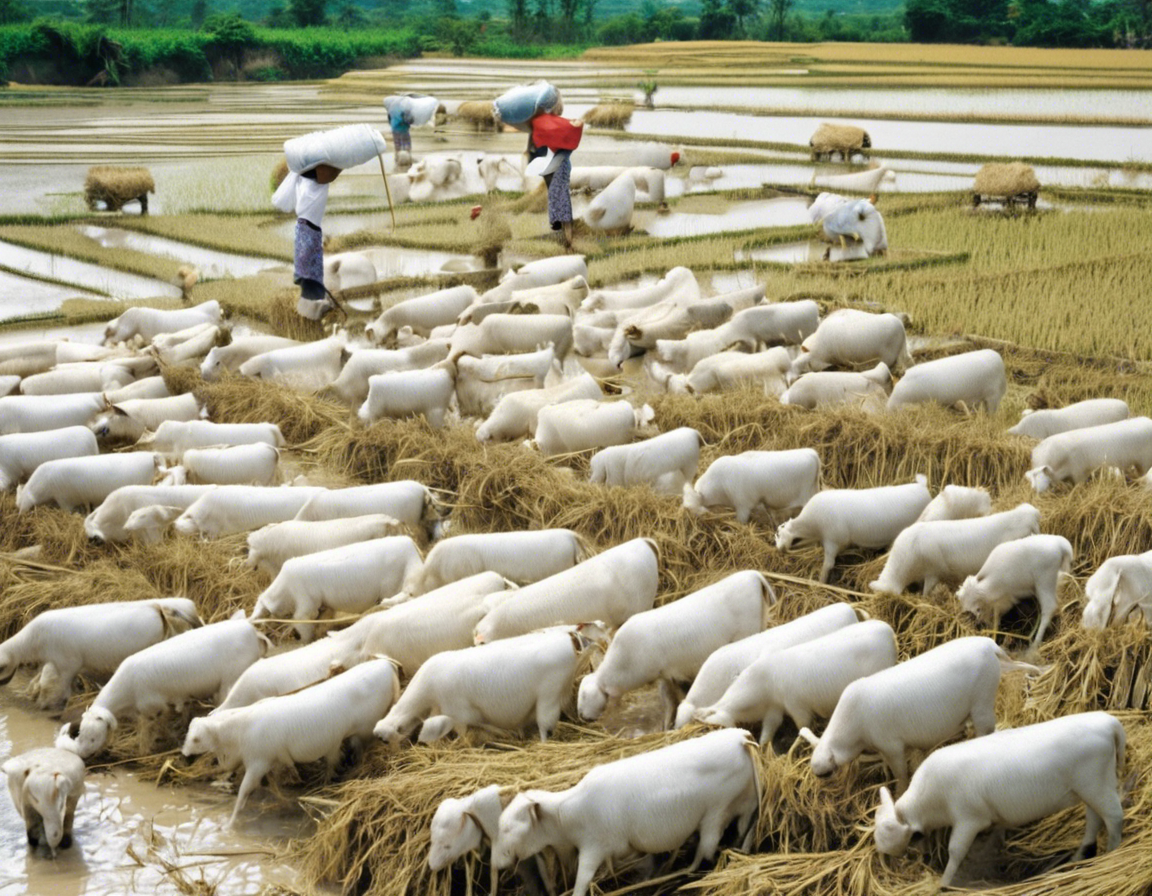Introduction
The decision to implement a ban on rice exports is a significant economic policy move that can have wide-reaching implications for both the exporting country and the global market. Rice is a staple food for more than half of the world’s population, and any disruptions to its supply can lead to significant consequences. In this article, we will explore the impact and implications of implementing a ban on rice exports.
Impacts of a Rice Export Ban
1. Economic Impact
One of the immediate impacts of a ban on rice exports is the effect on the economy of the exporting country. Rice exports are a major source of revenue for many countries, particularly those in Asia. A ban on exports can lead to a loss of income for farmers, exporters, and the government, which can have a ripple effect on the overall economy.
2. Food Security
Rice is a staple food for billions of people around the world, particularly in Asia and Africa. A ban on rice exports can lead to shortages in the global market, driving up prices and potentially leading to food insecurity in countries that rely on rice imports to feed their populations.
3. Political Ramifications
The decision to ban rice exports can also have political implications, both domestically and internationally. In exporting countries, such a move can lead to backlash from farmers and exporters who rely on rice exports for their livelihoods. Internationally, a ban on rice exports can strain diplomatic relations with countries that depend on rice imports to feed their populations.
Implications of a Rice Export Ban
1. Price Volatility
One of the main implications of implementing a ban on rice exports is increased price volatility in the global market. Relying on a limited number of exporting countries for rice can lead to price spikes when one or more of these countries enact export bans. This can have a significant impact on food security for countries that rely on rice imports.
2. Trade Disputes
A ban on rice exports can also lead to trade disputes between exporting and importing countries. Import-dependent countries may accuse exporting countries of hoarding rice or manipulating prices to their advantage. This can result in retaliatory measures that further disrupt the global rice market.
3. Shifts in Agricultural Policy
In response to a ban on rice exports, countries may reassess their agricultural policies to ensure food security for their populations. This could involve increased investment in domestic rice production, diversification of crops, or the implementation of trade agreements to secure alternative sources of rice imports.
FAQs
1. Why do countries ban rice exports?
Countries may ban rice exports for various reasons, including ensuring domestic food security, stabilizing domestic prices, or responding to poor harvests or natural disasters.
2. What are the alternatives to a ban on rice exports?
Instead of implementing a complete ban, countries can impose export quotas, tariffs, or restrictions to manage rice exports while still allowing some level of trade.
3. How do bans on rice exports impact global food security?
Bans on rice exports can lead to disruptions in the global rice market, driving up prices and potentially causing food shortages in countries that rely on rice imports.
4. How do bans on rice exports affect farmers and exporters?
Farmers and exporters in exporting countries can suffer financial losses when rice exports are banned, as they lose access to international markets and potential sources of income.
5. Can bans on rice exports lead to political tensions between countries?
Yes, bans on rice exports can lead to political tensions between exporting and importing countries, as import-dependent nations may accuse exporters of manipulating prices or hoarding rice to their advantage.
